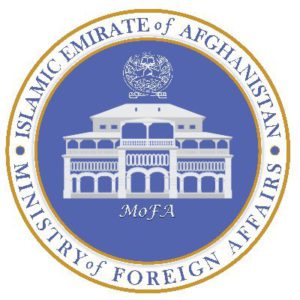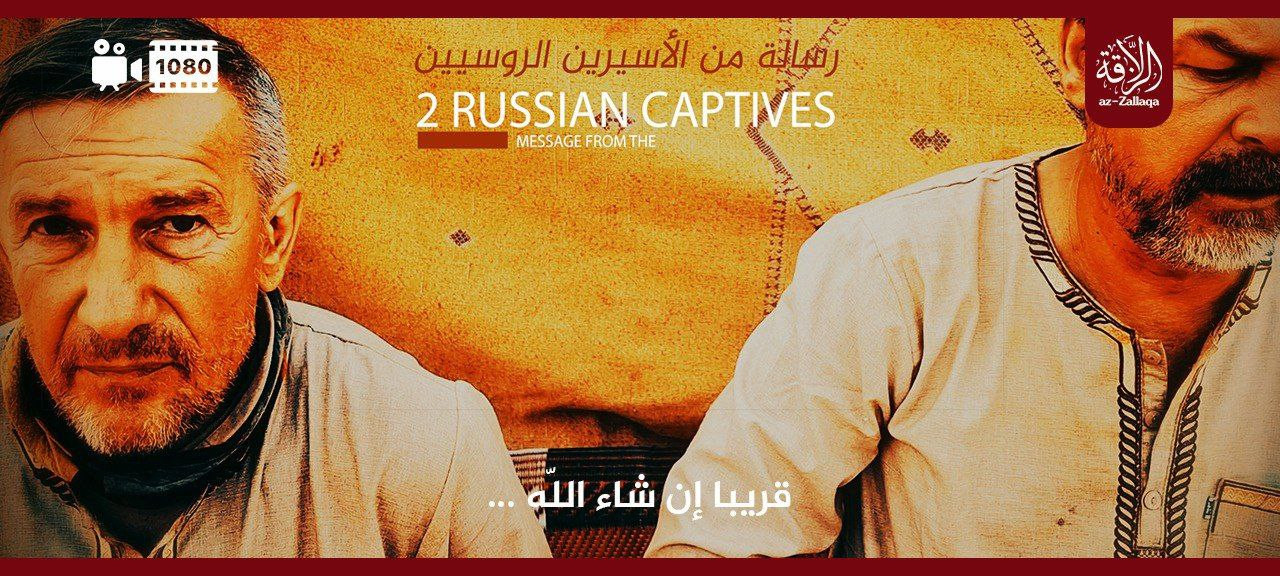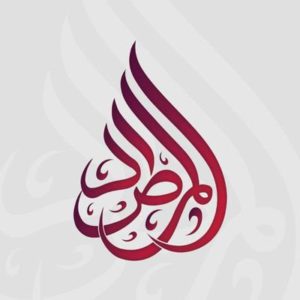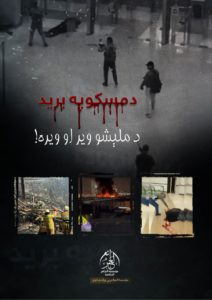
In the name of Allah, the Merciful, the beneficent
حامدا ومصلیا وبعد
First and foremost, I would like to express my gratitude to the governments of the Russian Federation and the Republic of Tatarstan for hosting this meeting and inviting us on behalf of the Islamic Emirate of Afghanistan to take part in order to discuss and talk in-depth about the most recent political, security, and economic developments in our country.
Dear attendees,
Two years ago, on October 16, 2021, a delegation of the IEA participated in the Moscow format meeting at a time when the American and NATO occupation in Afghanistan and the administration dependent on them was toppled, and the new government of the Islamic Emirate of Afghanistan had just begun working. At that time, there were deep concerns and serious questions regarding the future governance, the revival of government institutions, especially the reactivation of the security sector ministries, the security situation and drugs.
We believed in the special help of Allah, the support of the people, and our firm determination that as soon as the occupation ends, we will lay the foundation stone of an independent, peaceful and prosperous Afghanistan. All praise belongs to Allah almighty as this task begun and efforts underway to strengthened it.
For the past two years, in this format and other formats, We gave satisfaction and promised that the Islamic Emirate of Afghanistan, as a responsible government, will not allow any threat to the world, the region and especially to its neighbouring countries from the territory of Afghanistan, and this promise has been well implemented.
In the past two years, while rebuilding the political, security and economic foundations of our government, we have accelerated the fight against the insurgent groups trained in the shadow of the invaders and were able to destroy the hideouts of Daesh throughout the country in a very professional manner and thus we foiled the last attempt of a big conspiracy against the security of the entire region including Afghanistan.
Dear attendees,
In the past half a century, Afghanistan was faced with many political, security, economic, social and especially domestic legitimacy crisis, which caused many challenges; Scientific and practical experience showed that the main root of the crisis was the application of foreign versions, models and orders regarding the domestic problem, which ignored our geography, history, culture, religious and social values.
A valid example of our claim is the last two years of government, where we ended the war without any help or support, we centralized the government, we made the budget independent, we did not threaten anyone from the country. We have effectively fought against drugs, we have expanded job opportunities in the government and private sector, access to justice has been extended to every district and village, we have created facilities for trade, transit and investment, in different parts of the country. We have started a rehabilitation project and ensured transparency in the delivery of services to the deprived sections of the people.
In the last 20 years, the so-called all-inclusive regime did not achieve this despite hundreds of thousands of foreign and domestic soldiers, advanced weapons, extensive financial support and political support from the region and western countries, which is the main reason for the collapse. As a result of accepting the orders, a crisis of legitimacy was created for the people and the people were opposed to it.
Based on this, we have established a government that enjoys religious and national legitimacy along with good governance, taking into account the religion, history, culture and especially the immediate political realities of our people. I hope that the countries of the region and the world also put their stamp of approval on this fact, but in the last 45 years, no foreign version like undefined inclusiveness has solved the problems of Afghanistan.
We hope from all countries, especially our neighbors and the countries of the region, as we do not convoy direction to others regarding the form of governance, they should also instead of presenting prescriptions regarding the form of governance of Afghanistan start official work with the Islamic Emirate of Afghanistan in every field so that the hands of the evil directions can be cut off as well as take part as per their resources and capacity to use this historic opportunity for the benefit of the stability and prosperity the Euro-Asia region, which forms nearly seventy percent of the world’s population, most of the wealth and a third of the energy.
Dear attendees,
In the end, I would like to reference a few important issues.
First: Now as the occupation of Afghanistan has ended, security has been restored and there is a strong political will, it is time to implement the regional connectivity project cantered on Afghanistan. Based on our economic oriented foreign policy, we are ready to provide all necessary facilities for regional connectivity be it in the form of transport or in the form of energy transfer.
After the new political developments, now more than ever the conditions are suitable for the implementation of the “North-South Trade Corridor”. We support the statements of the Prime Minister of the Russian Federation, Mr. Mikhail Mishustin, who said that “Russia is ready to focus on the development of trade routes in the Euro-Asia region, including Afghanistan and South Asia.” It should also be important for the countries of the region to know how to protect their interests and take advantage of opportunities.
Second: Afghanistan has a strong potential for economic cooperation, trade and investment, and we have no discrimination in infrastructure projects, energy, mining, agriculture, communication lines, and especially the railway that connects the entire region through Afghanistan, we are ready to provide the necessary facilities.
Third: We are reiterating our preparations in the field of border cooperation with neighboring countries to prevent the movement of smugglers and other destructive elements. Countering these threats requires collective cooperation. We have made effective efforts in this area and we have fought to reduce drug cultivation and trafficking to zero; But in the field of smuggling, which requires bilateral cooperation, we need the cooperation of the respective countries.
Fourth: During the last two years, Afghanistan witnessed the beginning of extensive political and diplomatic interactions with many countries, especially with the countries of the region. In this regard, the countries of the region were very forward, thank you!
We call this a new chapter of diplomatic relations between Afghanistan and the region and the world. For example, the People’s Republic of China introduced an ambassador to the Islamic Emirate of Afghanistan according to diplomatic formalities. We hope that this action of China will become a good example for other countries and our ambassadors will also accept it in order to provide effective engagement in view of mutual benefits.
Fifth: Tourists, diplomats, aid workers, journalists and researchers from different countries of the world come to Afghanistan with confidence and roam freely throughout the country.
Therefore, we once again announce that anyone who is worried about security or drugs from Afghanistan should go to Afghanistan instead of listening to the propaganda of selfish people and reacting to this selfish propaganda. They should come, sent delegations and see everything with their own eyes so that their worries are relieved and they are satisfied.
In the end, besides thanking the Russian Federation for this initiative, I once again call on the neighbors and the countries of the region that Afghanistan is ready to interact positively with all of them based on common legitimate interests, and we hope that all countries taking into account their national interests will use this opportunity.
Thank you for your attention and have a great time.
_________________









